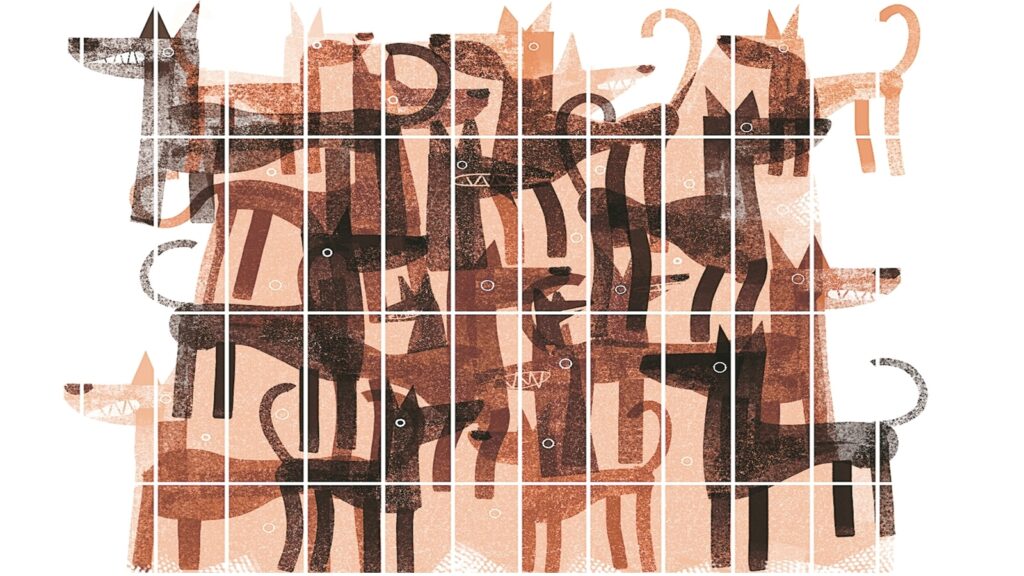India’s Supreme Court recently issued a controversial directive on community dogs, described as regressive and damaging, threatening decades of progress from the Animal Birth Control (ABC) programme. This order calls for the removal of community dogs and their confinement to shelters, a task deemed impractical due to a lack of infrastructure, manpower, and funding.
The Court’s expectations are unrealistic, requiring the removal of dogs from numerous public places without providing the necessary facilities or resources. With most districts lacking functional ABC centres, the directive is seen as an abdication of responsibility that could lead to increased cruelty and unsafe conditions for both animals and people.
Notably, the order reinforces the importance of adhering to existing animal welfare laws while paradoxically allowing for “removal without release,” likely leading to the killing of dogs if no shelter options are available. The article argues for a humane approach through Catch-Neuter-Vaccinate-Release (CNVR), which has proven effective in controlling dog populations globally.
The author criticizes the Court for failing to consider viable solutions and instead emphasizes that true progress in community dog management hinges on funding and support for sterilization programs. Ultimately, the piece highlights a significant disconnect between legal directives and ground realities in animal welfare.



